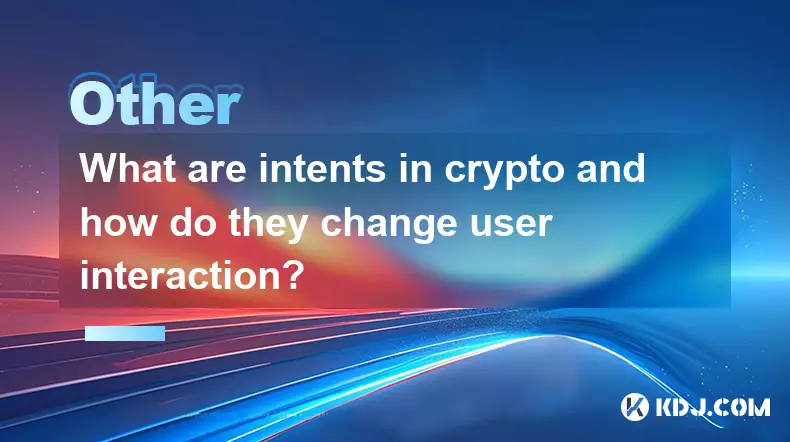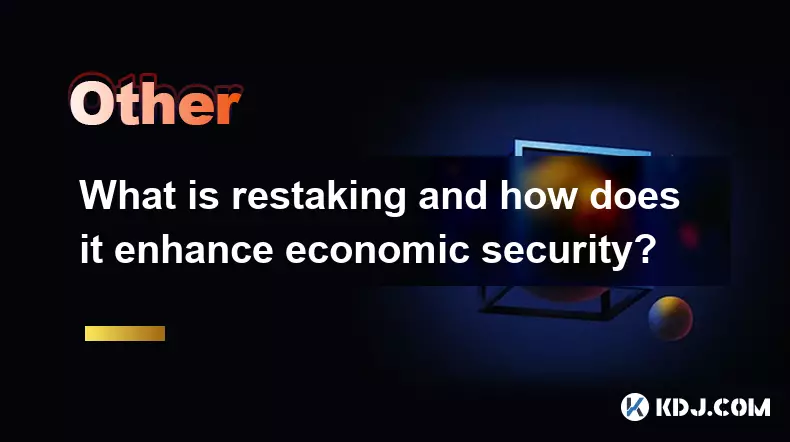-
 bitcoin
bitcoin $99296.318777 USD
-2.82% -
 ethereum
ethereum $3203.465899 USD
-6.84% -
 tether
tether $0.999590 USD
-0.03% -
 xrp
xrp $2.308913 USD
-4.00% -
 bnb
bnb $922.788929 USD
-3.53% -
 solana
solana $144.020807 USD
-5.89% -
 usd-coin
usd-coin $0.999798 USD
0.00% -
 tron
tron $0.291590 USD
-1.12% -
 dogecoin
dogecoin $0.163780 USD
-4.46% -
 cardano
cardano $0.526919 USD
-4.40% -
 hyperliquid
hyperliquid $37.888865 USD
-2.24% -
 bitcoin-cash
bitcoin-cash $510.515457 USD
-1.08% -
 chainlink
chainlink $14.436987 USD
-5.63% -
 stellar
stellar $0.267345 USD
-4.77% -
 unus-sed-leo
unus-sed-leo $9.175222 USD
0.53%
What are the main advantages of using blockchain technology?
Blockchain ensures secure, transparent transactions through cryptographic hashing, decentralization, and immutable ledgers, reducing fraud and eliminating intermediaries.
Nov 14, 2025 at 08:40 am

Enhanced Security and Data Integrity
1. Blockchain uses cryptographic hashing to secure each block, making it nearly impossible to alter data without detection.
- Every transaction is time-stamped and linked to the previous one, forming an immutable chain that resists tampering.
- Decentralized consensus mechanisms like Proof of Work or Proof of Stake prevent single points of failure and reduce the risk of hacking.
- The transparency of public ledgers allows all participants to verify transactions independently, increasing trust across the network.
- Private keys provide users with full control over their digital assets, minimizing reliance on third-party intermediaries.
Decentralization and Elimination of Intermediaries
1. Traditional financial systems rely heavily on centralized institutions such as banks or payment processors.
- Blockchain enables peer-to-peer transactions, removing the need for middlemen and reducing associated fees.
- Smart contracts automatically execute agreements when predefined conditions are met, eliminating manual processing delays.
- Users gain greater autonomy over their funds and personal information, reducing exposure to censorship or account freezes.
- Distributed nodes validate and record transactions, ensuring no single entity has control over the entire network.
Transparency and Auditability
1. All blockchain transactions are recorded on a shared ledger accessible to authorized participants.
- This level of openness helps deter fraudulent activities and enhances accountability in financial operations.
- Auditors and regulators can trace asset movements in real time without requiring access to private databases.
- In the cryptocurrency space, transparent supply chains and token distributions build investor confidence.
- Open-source protocols allow developers and users to inspect code and verify system integrity independently.
Efficiency and Speed in Transactions
1. Cross-border payments that traditionally take days can be completed within minutes using blockchain networks.
- Automated validation processes reduce human error and accelerate settlement times significantly.
- 24/7 operation of decentralized networks ensures uninterrupted transaction processing regardless of geographic location.
- Atomic swaps and layer-2 solutions enable instant exchanges between different cryptocurrencies without relying on centralized exchanges.
- Reduced dependency on legacy banking infrastructure lowers operational costs for both individuals and enterprises.
Frequently Asked Questions
What makes blockchain resistant to fraud?Blockchain's immutability and distributed nature make it extremely difficult for malicious actors to alter transaction records. Any attempt to change data would require controlling more than 50% of the network’s computing power simultaneously, which is economically unfeasible on large networks.
Can blockchain work without cryptocurrencies?Yes, blockchain technology can be used for non-cryptocurrency applications such as supply chain tracking, identity verification, and voting systems. However, in public blockchains, cryptocurrencies often serve as incentives for node operators and miners.
How do smart contracts improve reliability?Smart contracts execute based on pre-programmed logic without human intervention. Once deployed, they cannot be altered, ensuring predictable outcomes and reducing the potential for disputes or manipulation.
Is every blockchain publicly accessible?No, there are public, private, and consortium blockchains. Public blockchains like Bitcoin and Ethereum are open to anyone, while private blockchains restrict access to authorized entities, often used by enterprises for internal processes.
Disclaimer:info@kdj.com
The information provided is not trading advice. kdj.com does not assume any responsibility for any investments made based on the information provided in this article. Cryptocurrencies are highly volatile and it is highly recommended that you invest with caution after thorough research!
If you believe that the content used on this website infringes your copyright, please contact us immediately (info@kdj.com) and we will delete it promptly.
- Coin Toss Tales: Temba Bavuma's Wager and India vs. SA Showdown
- 2025-11-14 12:50:01
- Canary XRP ETF and Solana ETF: First-Day Activity Heats Up the Crypto ETF Race
- 2025-11-14 12:20:01
- Vitalik Buterin, Zero-Knowledge Proofs, and the Whitelist: A New Era of Trustless Crypto?
- 2025-11-14 09:00:01
- Cryptos in the Spotlight: Zero Knowledge Proof, Dogecoin, and the Shifting Tides
- 2025-11-14 08:45:01
- Staking Platforms & Crypto Income: Is $NNZ Coin the Next Big Thing?
- 2025-11-14 09:20:01
- Avalanche's SIERRA Token: A New Era for Yield Models?
- 2025-11-14 09:05:01
Related knowledge

What are the risks of investing in blockchain projects?
Nov 14,2025 at 10:19am
Risks Associated with Volatility in Cryptocurrency Markets1. The price of digital assets can shift dramatically within minutes due to speculation, new...

How does blockchain enable decentralized finance (DeFi)?
Nov 14,2025 at 07:59am
Understanding the Role of Blockchain in DeFi Infrastructure1. Blockchain serves as the foundational layer for decentralized finance by offering a dist...

What are gas fees on the Ethereum blockchain?
Nov 14,2025 at 09:00am
Understanding Gas Fees on the Ethereum Network1. Gas fees are payments made by users to compensate for the computational energy required to process an...

What are the main advantages of using blockchain technology?
Nov 14,2025 at 08:40am
Enhanced Security and Data Integrity1. Blockchain uses cryptographic hashing to secure each block, making it nearly impossible to alter data without d...

What are intents in crypto and how do they change user interaction?
Nov 09,2025 at 09:00am
Understanding the Role of Decentralized Exchanges in Modern Crypto Trading1. Decentralized exchanges, commonly known as DEXs, have reshaped how trader...

What is restaking and how does it enhance economic security?
Nov 09,2025 at 11:40pm
Understanding Restaking in the Blockchain Ecosystem1. Restaking refers to the process where users who have already staked their tokens in a proof-of-s...

What are the risks of investing in blockchain projects?
Nov 14,2025 at 10:19am
Risks Associated with Volatility in Cryptocurrency Markets1. The price of digital assets can shift dramatically within minutes due to speculation, new...

How does blockchain enable decentralized finance (DeFi)?
Nov 14,2025 at 07:59am
Understanding the Role of Blockchain in DeFi Infrastructure1. Blockchain serves as the foundational layer for decentralized finance by offering a dist...

What are gas fees on the Ethereum blockchain?
Nov 14,2025 at 09:00am
Understanding Gas Fees on the Ethereum Network1. Gas fees are payments made by users to compensate for the computational energy required to process an...

What are the main advantages of using blockchain technology?
Nov 14,2025 at 08:40am
Enhanced Security and Data Integrity1. Blockchain uses cryptographic hashing to secure each block, making it nearly impossible to alter data without d...

What are intents in crypto and how do they change user interaction?
Nov 09,2025 at 09:00am
Understanding the Role of Decentralized Exchanges in Modern Crypto Trading1. Decentralized exchanges, commonly known as DEXs, have reshaped how trader...

What is restaking and how does it enhance economic security?
Nov 09,2025 at 11:40pm
Understanding Restaking in the Blockchain Ecosystem1. Restaking refers to the process where users who have already staked their tokens in a proof-of-s...
See all articles










































































